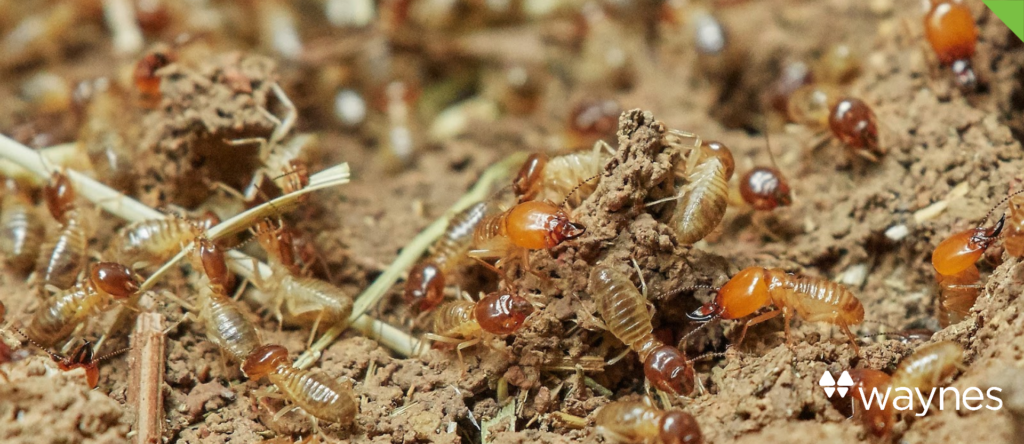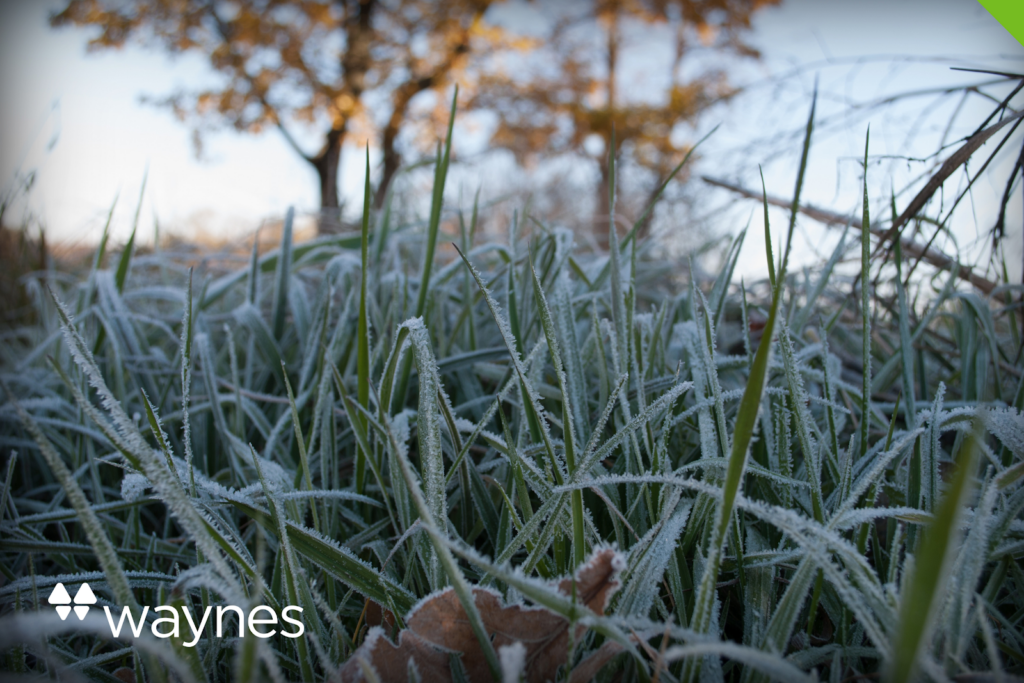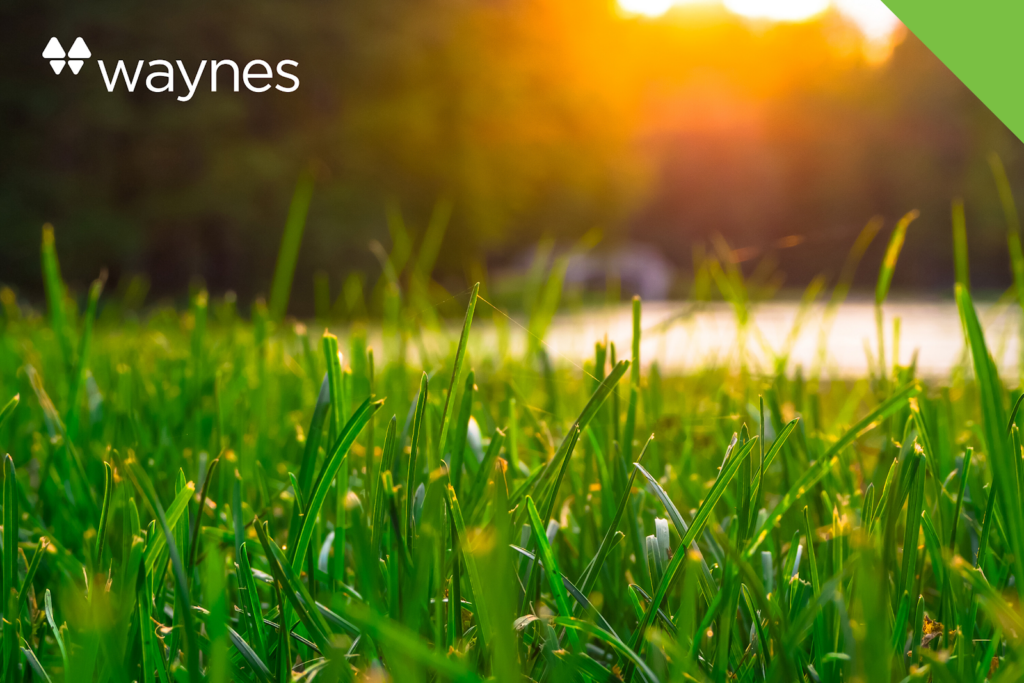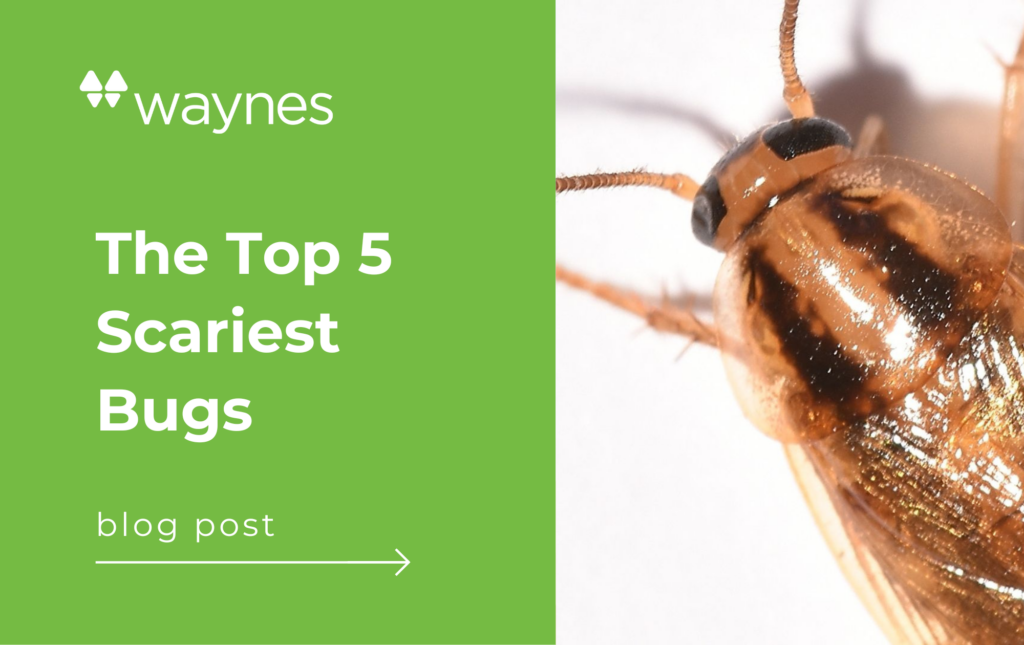Fall armyworm outbreaks can be difficult to predict, and before you know it, they’ll have eaten up all your good plants. This time of year, homeowners should begin inspecting their lawns for fall armyworms. We are receiving numerous reports of armyworm infestations from Montgomery to Huntsville. Problems with armyworms start in extreme south Alabama in late July and then move northward. Armyworms frequently attack well-fertilized and watered bermudagrass and new bermudagrass sod. Homeowners often notice the worms when they see their grass starting to thin.
Once treated, bermudagrass and zoysia can recover quickly, often before the first frost. Fescue may have to be re-seeded.
Need help getting rid of fall armyworms in your lawn? Contact us today!
Where Do Armyworms Come From?
A whitish-gray moth lays eggs on a vertical surface like a privacy fence. When the eggs hatch, the larva crawl down to the turf, begin eating green grass blades, and turn into adult armyworms. You will see the first signs of damage adjacent to these areas. Birds like crows are commonly seen feeding in lawns with armyworm infestations and can be a good indicator of a problem.
Think you might have a fall armyworm problem? Contact us today!
Fall Armyworms are susceptible to cold and can’t survive the winter temperatures in the central and southern United States. Each summer, adult moths fly north from Central and South America. Although armyworm damage seems to appear “overnight,” the small worms may have been feeding for some time before being noticed. Most of the damage is caused by the oldest and largest caterpillars because they eat much larger quantities of foliage.
Armyworms Move From One Lawn to Another
Armyworms are mobile and will move into a previously non-infested area in search of food once they’ve defoliated a field or lawn. They may hatch and begin their life cycle in an adjacent lawn before moving into yours. So it is important to not only inspect your lawn but watch your neighbor’s lawn as well for signs of damage.
Signs of Armyworms
The first step to getting rid of armyworms is identifying the issue. Here are some common signs that your yard may be infested:
- Brown spots of grass around vertical surfaces like walls, fences, and trees.
- A gradual progression of brown grass from an initial point.
- Caterpillar-like worms in the lawn.
If you are experiencing problems but don’t see armyworms, consider whether you are watering frequently enough or mowing too low.
Does Waynes Preemptively Treat for Armyworms?
In most markets, we do not treat armyworms preemptively in our regular lawn care service agreement. We use something called Integrated Pest Management (IPM). This means Waynes only uses products when they are needed, avoiding excess chemicals in the environment. If you are a Waynes lawn care customer and armyworms are present, we will come out and treat them. For year-round preventative measures of armyworms, we offer a preventative program that is a separate charge outside of our normal lawn program.
If you want more information or believe Fall Armyworms are attacking your lawn, contact us for a free inspection.
